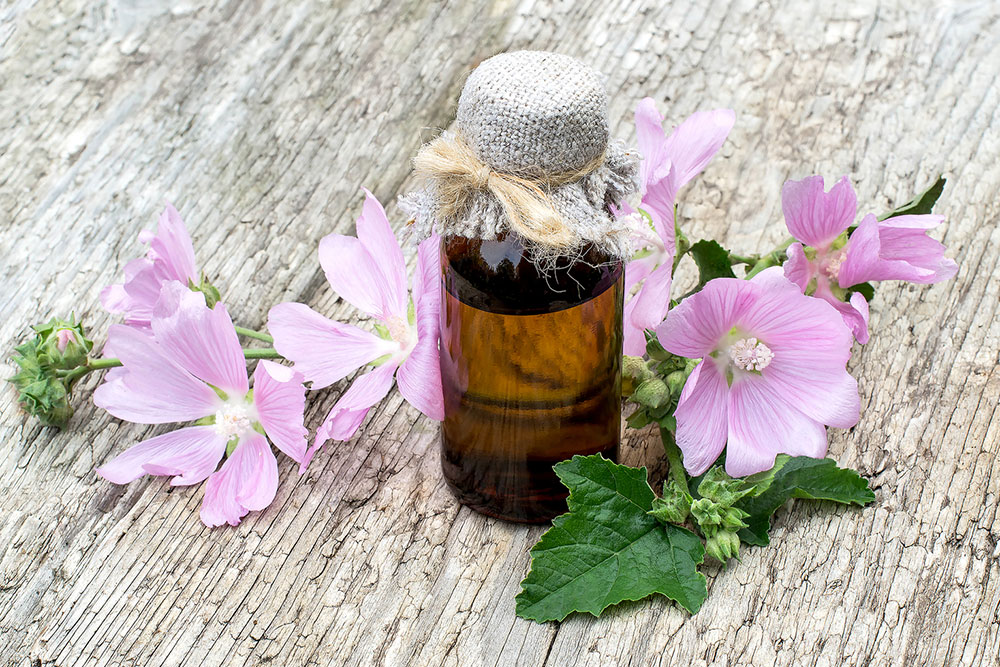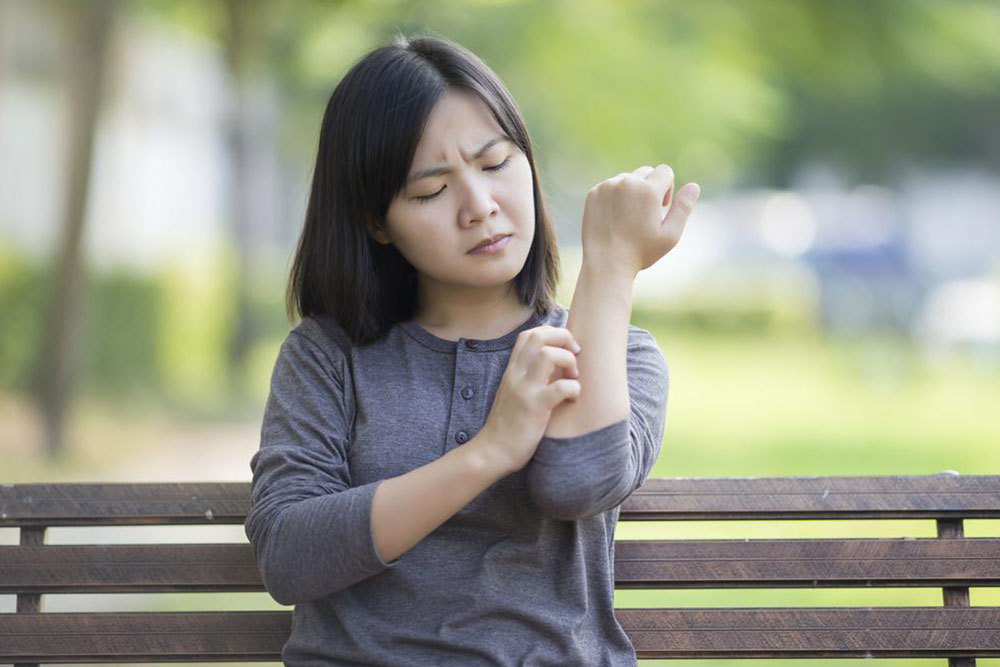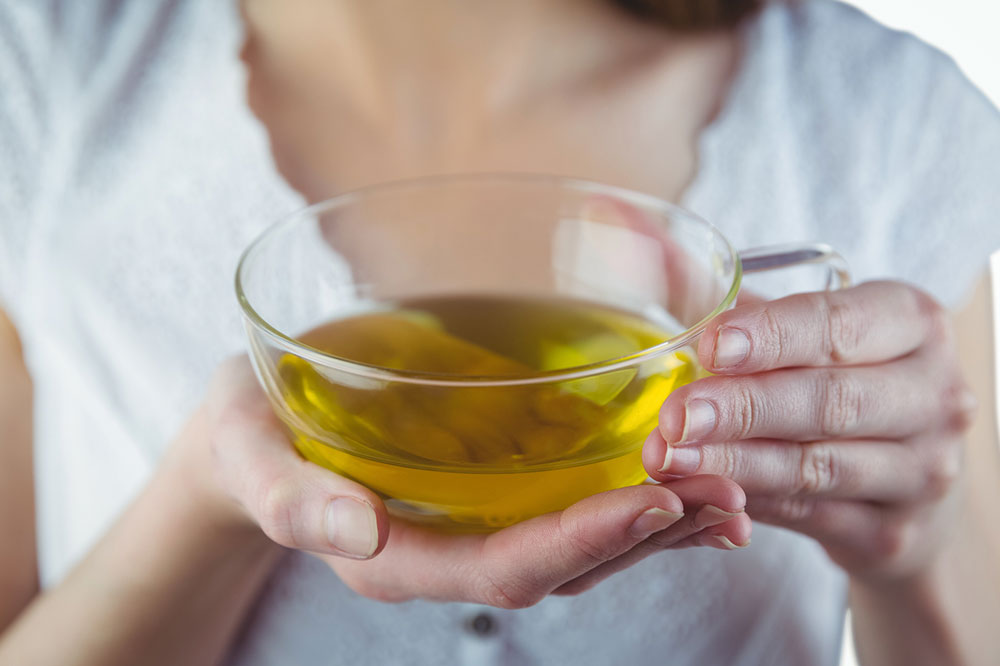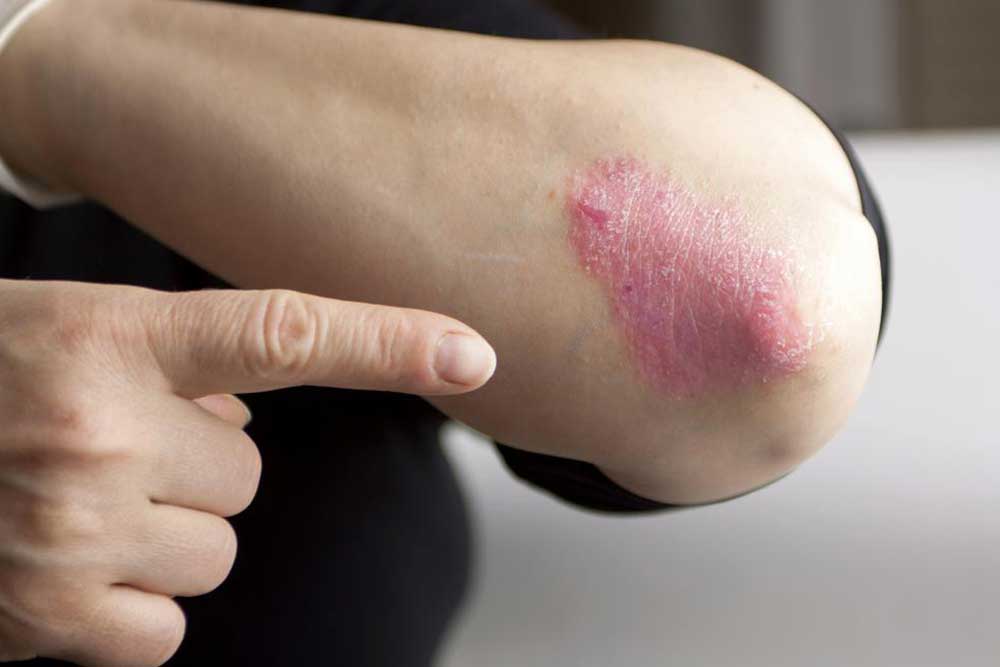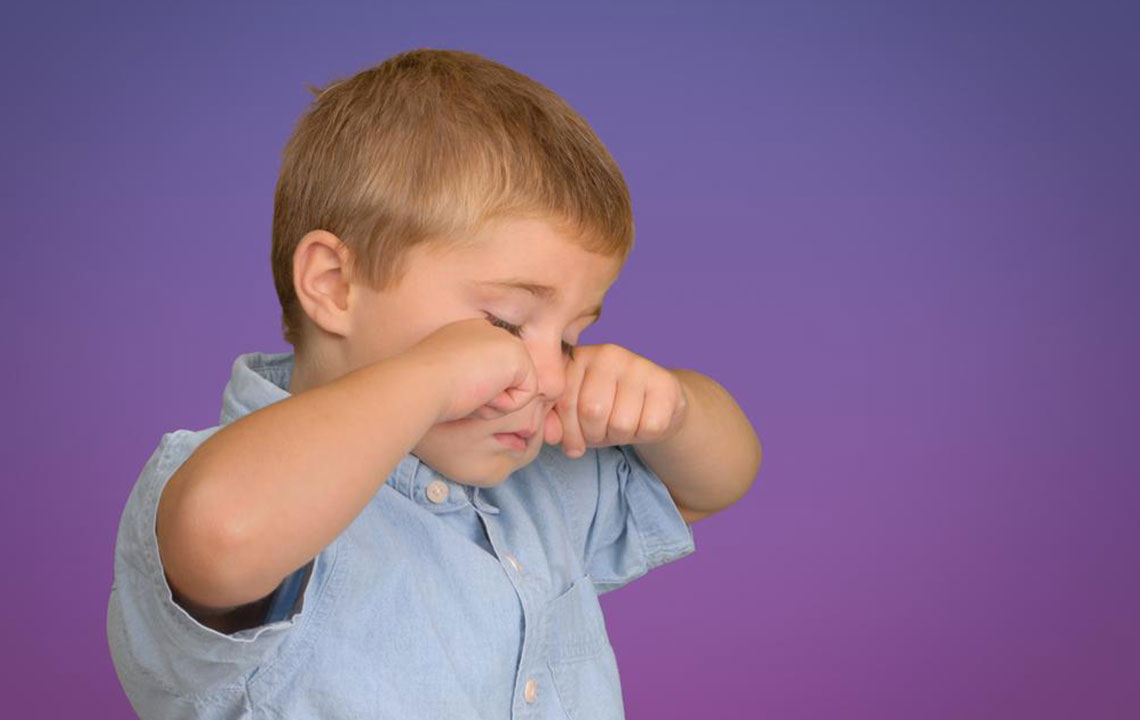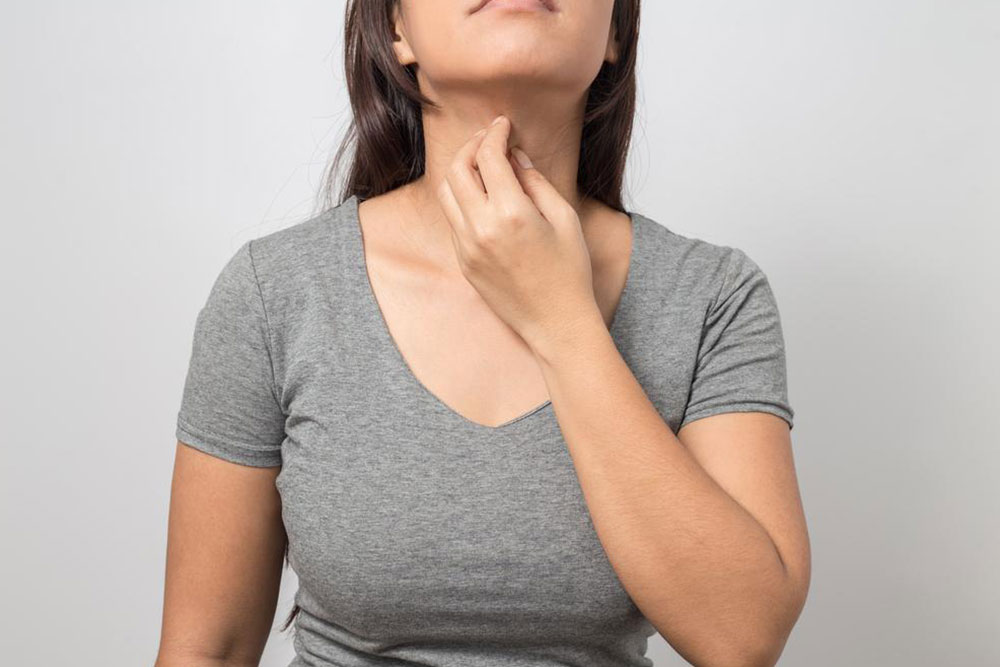Comprehensive Guide to Itchy Skin: Causes, Symptoms, and Home Remedies for Relief
This comprehensive article explores the causes of itchy skin, including dry skin, allergies, and infections, and provides practical home remedies such as oatmeal baths, apple cider vinegar, and nutritional tips. It emphasizes when to seek medical attention for persistent or severe symptoms, helping readers better understand and manage skin itchiness effectively.

Comprehensive Guide to Itchy Skin: Causes, Symptoms, and Home Remedies for Relief
Itchy skin, also known as pruritus, is a common condition that affects people of all ages. It can occur on any part of the body and varies in intensity from mild, annoying sensations to severe discomfort that interferes with daily life. Understanding the underlying causes of itchy skin is essential for effective management and relief. This extensive guide delves into the numerous causes of itching, recognizing symptoms, and exploring safe, effective home remedies to soothe irritated skin.
The sensation of itchiness may stem from various factors ranging from simple skin dryness to underlying health conditions. While minor cases often resolve on their own, persistent or severe itching warrants medical attention. Recognizing symptoms early and implementing the right care strategies can significantly improve skin health and overall comfort.
Common Causes of Itchy Skin
Understanding the root causes of skin itchiness is crucial for determining the appropriate treatment. Here are some of the most prevalent reasons why your skin might be itching:
Dry Skin (Xerosis): As we age or due to environmental factors like cold weather or low humidity, skin tends to lose moisture, resulting in dryness and itchiness. Dry skin is perhaps the most frequent and manageable cause.
Allergies: Allergic reactions to foods, cosmetics, fragrances, or other substances can lead to contact dermatitis, characterized by itching, redness, and swelling.
Insect Bites: Bites from mosquitoes, fleas, or bed bugs can cause localized itching and swelling.
Head Lice and Parasites: Infestations like head lice often cause persistent scalp itching, especially in children.
Infantile Conditions: Diaper rash and skin irritation are common in infants, often resulting from prolonged exposure to wet diapers or skin friction.
Dermatitis and Eczema: These inflammatory skin conditions lead to persistent itching, redness, and cracked skin, often triggered by allergens or irritants.
Fungal Infections: Conditions like ringworm or yeast infections can produce itchy, scaly patches on the skin.
Psoriasis: An autoimmune disorder causing thickened, scaly patches that can itch intensely.
Environmental Allergens: Pollen, mold, pet dander, and ragweed allergies might cause widespread skin irritation and itching.
Scabies and Other Infestations: These mite infestations lead to intense itching, often worsening at night, requiring medical treatment.
Recognizing Symptoms of Severe or Underlying Conditions
While most instances of itchy skin are harmless and temporary, certain symptoms signal more serious health issues requiring medical intervention:
Persistent or Increasing Itching: If the itch persists for more than two weeks or worsens despite home remedies.
Widespread Rashes or Lesions: Presence of extensive rash, open sores, or blistering.
Associated Symptoms: Fever, fatigue, swelling, or difficulty breathing accompanying skin symptoms.
Signs of Infection: Pus, warmth, or increased redness around lesions.
Effective Home Remedies for Itching Relief
For mild cases of itching, several natural and home-based remedies can provide significant relief. These strategies aim to soothe the skin, reduce inflammation, and restore hydration:
Cool Water Soaks: Soaking in cool water can reduce inflammation and soothe irritated skin. Adding baking soda or oats to the bathwater can enhance calming effects.
Oatmeal Baths: Colloidal oatmeal has anti-inflammatory properties and is excellent for soothing itchy and inflamed skin.
Apple Cider Vinegar: Diluted apple cider vinegar applied gently to the skin may help balance pH and reduce itching caused by irritation or mild infections.
Essential Oils: Tea tree oil, lavender, or chamomile oils can provide anti-inflammatory and antimicrobial benefits when used diluted on the skin.
Lemon Juice: Applied carefully and in small amounts, lemon juice’s acidity can help fight fungal infections. Be cautious to avoid irritation, especially in sensitive skin.
Nutritional Support: Consuming foods rich in vitamins A, B, and E, such as nuts, seeds, carrots, and leafy greens, promotes overall skin health and recovery.
Avoid Sudden Cold Water and Harsh Soaps: Abrupt exposure to cold water or harsh soaps can strip natural oils, worsening dryness and irritation. Use gentle, fragrance-free cleansers.
When to See a Healthcare Professional
If home remedies do not alleviate the itching, or if symptoms escalate, consulting a healthcare provider is essential. Medical professionals can diagnose underlying conditions like eczema, psoriasis, or allergic reactions and recommend appropriate treatments including topical medications, antihistamines, or other therapies. Early diagnosis and proper treatment can prevent complications and improve skin health.
In conclusion, skin itchiness is a common concern that often results from benign causes like dryness or allergies. However, persistent or severe itching requires proper evaluation. Combining awareness of causes with effective home remedies can help manage mild cases, but serious symptoms should always prompt medical attention. Maintaining good skincare routines, staying hydrated, and avoiding known irritants are key strategies for healthy, itch-free skin.
